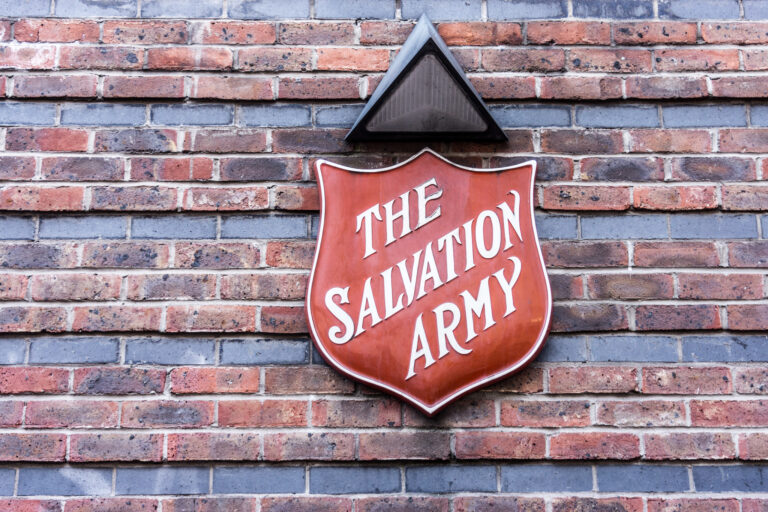
Fred Wang is a student at Harvard Law School.
In today’s news and commentary, the NLRB insists that Starbucks bargain with the union at a Buffalo-area store where the union had lost an election; a labor reporter asks unions to stop fighting over union jurisdiction; and a former labor lawyer explains why the Federalist tweet case amounts to a Pyrrhic victory for conservatives.
In an amended complaint against Starbucks, the National Labor Relations Board has requested that Starbucks be ordered to bargain with the union at a Buffalo-area location, after the union had lost an election last year. The complaint accuses the coffee chain of intimidating and retaliating against workers seeking to unionize there. The complaint alters an initial complaint filed weeks earlier, which had already alleged anti-union conduct on the part of the company. It now also accuses the company of “packing” — the practice of sending in outside employees in the lead-up to a union election in order to dilute union support. (Though Starbucks contends that the workers were sent to address understaffing.) This is a welcome sign for workers. One labor law scholar has described the NLRB’s efforts to compel bargaining at a store where the union did not win as an “aggressive” signal to Starbucks.
It’s time to stop fighting over union jurisdiction, a recent piece by Hamilton Nolan contends over at In These Times. Reacting to the Amazon Labor Union’s recent victory at a Staten Island warehouse, Nolan argues that “all of the time unions spend arguing with one another over who has the right to organize which workers, in which industry, at which company is one gargantuan waste of time.” Although more-established unions have uniformly come out in support of the ALU victory, in the lead up to the election, at least one union leader insisted that their own union be “the only [one] that organizes workers at Amazon[].” This approach, Nolan concludes, amounts to “a bunch of drivers arguing over a single parking space in one corner of a vast, empty parking lot. While an asteroid is approaching.” A core organizing principle that union leaders must keep in mind, Nolan urges, is this: “Unions serve workers. Not the opposite.”
Jokingly threatening by tweet to send your workers “back to the salt mine” if they try to unionize is not an unfair labor practice, at least not in the Third Circuit. But the ruling ultimately amounts to a Pyrrhic victory for the right-wing litigation group that brought the case. In a follow-up to the decision, Matt Bruenig of People’s Policy Project argues that as much as the case is a loss for workers and unions, it is also a “big let down” for the conservative organizations that pushed the lawsuit. Although the facts of the case revolved around a single tweet by Federalist co-founder Ben Domenech, much of the conservative litigation strategy centered on certain important, technical provisions of the National Labor Relation Act. The Federalist had asked the Third Circuit to prevent bystanders from filing unfair labor practice charges and to deny the NLRB jurisdiction over the dispute. But the court, citing decades of binding circuit and U.S. Supreme Court precedent, refused to do so. And because the Federalist had prevailed on the substantive issue in the case — whether the tweet constituted an unfair labor practice — it could not then appeal to the Supreme Court to overrule such precedents.






Daily News & Commentary
Start your day with our roundup of the latest labor developments. See all
October 31
DHS ends work permit renewal grace period; Starbucks strike authorization vote; captive-audience ban case appeal
October 30
Sweden’s Tesla strike enters its third year; Seattle rideshare drivers protest Waymo’s expansion in the city.
October 29
9th Circuit rejects challenge to NLRB's constitutional structure; preemption challenges to state labor peace statutes
October 28
Two federal unions oppose CBA cancellations, another federal union urges Democrats to end the government shut down, and Paramount plans for mass layoffs
October 27
GM and Rivian announce layoffs; Boeing workers reject contract offer.
October 26
California labor unions back Proposition 50; Harvard University officials challenge a union rally; and workers at Boeing prepare to vote on the company’s fifth contract proposal.